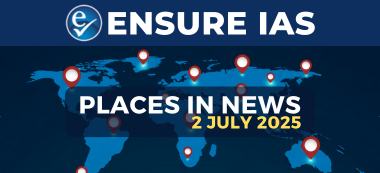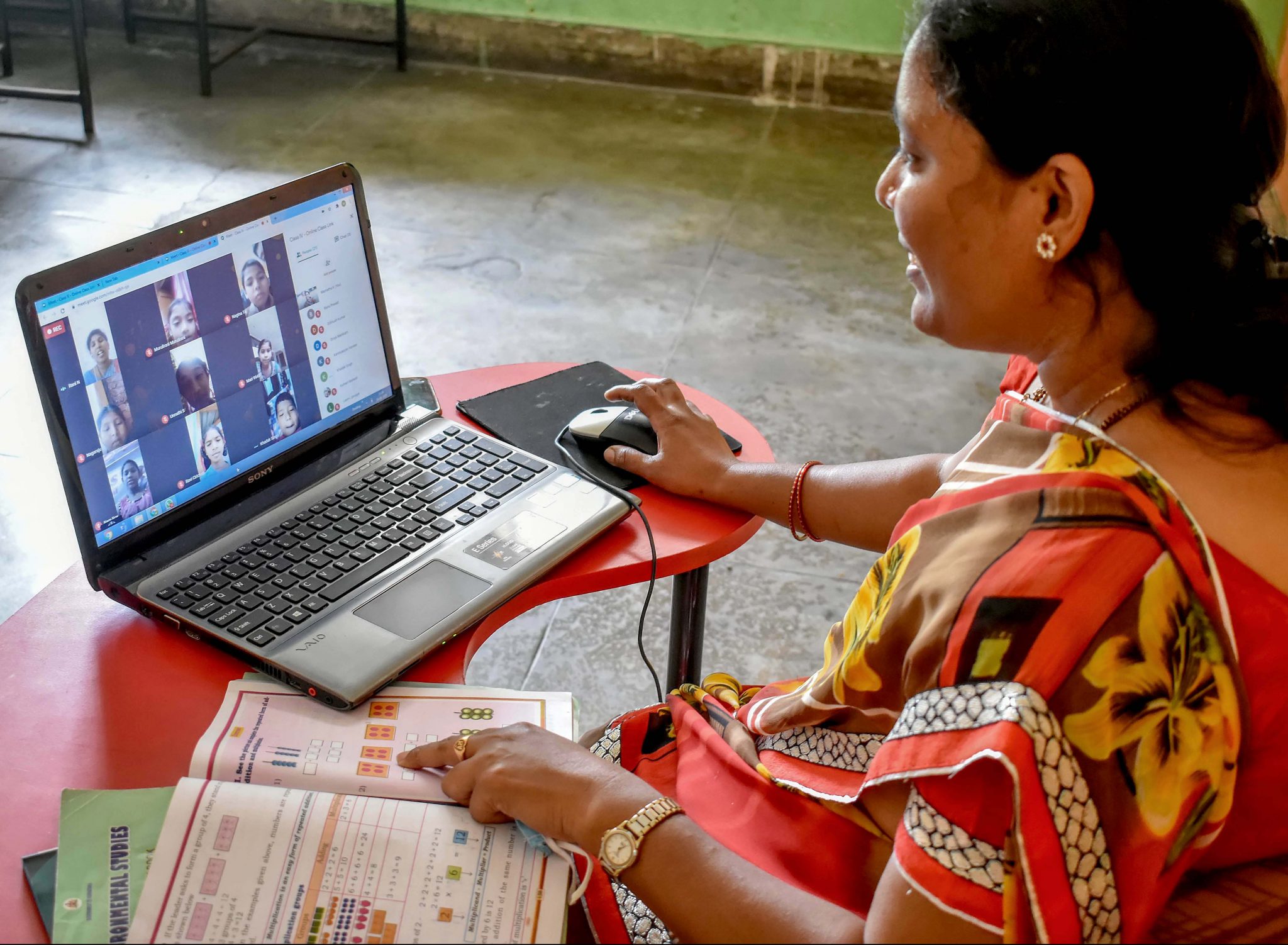- Courses
- GS Full Course 1 Year
- GS Full Course 2 Year
- GS Full Course 3 Year
- GS Full Course Till Selection
- Answer Alpha: Mains 2025 Mentorship
- MEP (Mains Enrichment Programme) Data, Facts
- Essay Target – 150+ Marks
- Online Program
- GS Recorded Course
- Polity
- Geography
- Economy
- Ancient, Medieval and Art & Culture AMAC
- Modern India, Post Independence & World History
- Environment
- Governance
- Science & Technology
- International Relations and Internal Security
- Disaster Management
- Ethics
- NCERT Current Affairs
- Indian Society and Social Issue
- NCERT- Science and Technology
- NCERT - Geography
- NCERT - Ancient History
- NCERT- World History
- NCERT Modern History
- CSAT
- 5 LAYERED ARJUNA Mentorship
- Public Administration Optional
- ABOUT US
- OUR TOPPERS
- TEST SERIES
- FREE STUDY MATERIAL
- VIDEOS
- CONTACT US
24th SCO Summit 2024
24th SCO Summit 2024
31-08-2024
- In July 2024, the 24th Meeting of the SCO Council of Heads of State (SCO Summit) held in Astana, under the presidency of Kazakhstan.
- Indian External Affairs Minister, Dr. S. Jaishankar will lead the Indian delegation to Astana for the Summit.
SCO chairmanship for the next term
- People’s Republic of China will assume the SCO chairmanship for the next term, and Qingdao, China will be appointed the SCO’s tourism and cultural capital for 2024-2025.
- Earlier, India hosted the 23rd Meeting of the SCO Council of Heads of State on 04 July 2023 (first-ever presidency of SCO) in virtual format.
Key Outcomes of the Summit
- New Membership: Belarus joined the SCO as its 10th member state. India's External Affairs Minister met with his Belarusian counterpart to enhance bilateral relations.
- Astana Declaration: The summit led to the adoption of the Astana Declaration and the approval of 25 key agreements focusing on energy, security, trade, finance, and information security.
- SCO Development Strategy: The SCO's Council of Heads of State approved the SCO Development Strategy up to 2035.
- This includes resolutions addressing terrorism, separatism, extremism, anti-drug strategies, energy cooperation, economic growth, and collaboration in protected areas and eco-tourism.
- Additional Commitments: Members committed to signing a memorandum to combat illegal drug trafficking and an action plan for international information security cooperation.
Issues Highlighted by India
- Rising Tensions: India emphasized the strain on international relations and global economic growth due to ongoing conflicts, increasing global tensions, trust deficits, and the proliferation of geopolitical hotspots.
- Terrorism: Combating terrorism was a top priority. India highlighted the challenge of cross-border terrorism and called for isolating nations supporting terrorists. A decisive response to cross-border terrorism and measures to prevent radicalization were urged.
- Climate Change: India called on SCO members to work toward significant emissions reductions through transitioning to alternative fuels, adopting electric vehicles, and building climate-resilient infrastructure.
- Connectivity: India stressed the importance of robust connectivity for economic development and fostering cooperation. Respect for sovereignty, territorial integrity, and non-discriminatory trade rights in connectivity projects was emphasized.
- Technology: India advocated for the creative application of technology and highlighted its leadership in AI. It expressed its commitment to working within the SCO on an AI cooperation Roadmap.
- Central Asia: India recognized its deep ties with Central Asia and emphasized the region's central role in the SCO. It highlighted its increased engagement with the region through exchanges, projects, and activities.
- Cooperation: India emphasized the people-centric nature of SCO cooperation and its role in fostering mutual growth. It organized several cultural and intellectual events during its presidency.
About the SCO
- The Shanghai Cooperation Organisation (SCO) is a regional intergovernmental organization focusing on political, economic, and security-related issues.
- It originated from the "Shanghai Five" group formed in 1996 to address concerns related to extremist religious groups and ethnic tensions.
- The SCO was officially established in 2001 with six members and now has ten members, including India.
- It fosters cooperation among member states in security, economic development, and cultural exchange.
Relevance of the SCO for India
- Regional Cooperation: The SCO strengthens India's ties with Central Asia and facilitates engagement with major regional players.
- Counter-Terrorism Efforts: The SCO's RATS supports member states in counter-terrorism activities, offering India a valuable framework for joint exercises, intelligence analysis, and information sharing.
- Challenges: India faces challenges in managing complex bilateral relationships, balancing ties with China and Russia, addressing regional security concerns, ensuring economic benefits, and maintaining strategic autonomy.
Conclusion
India's involvement in the SCO offers opportunities for regional cooperation and counter-terrorism efforts but also presents challenges requiring careful diplomatic and strategic management.




